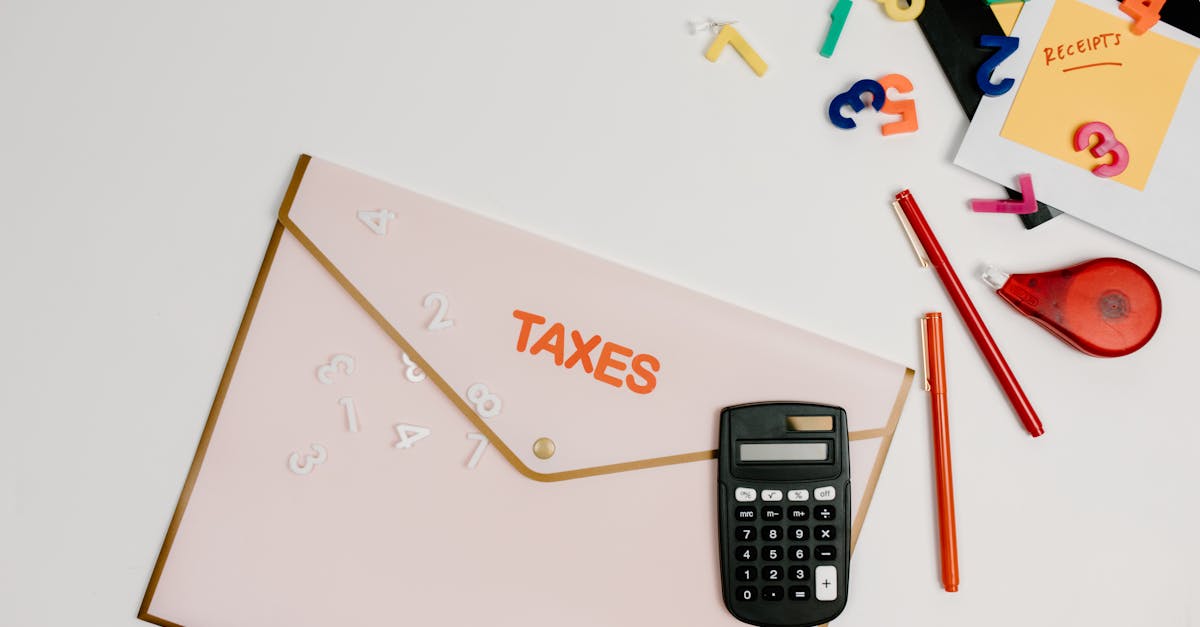How to Build an Emergency Fund
Introduction
In today's unpredictable world, having an emergency fund can provide a sense of financial security and peace of mind. Whether facing unforeseen expenses or economic setbacks, an emergency fund acts as a financial safety net. Establishing this fund is crucial to maintaining stability and ensuring a secure future.
Advertisement
Understanding Emergency Funds
An emergency fund is a reserve of money set aside specifically for unexpected expenses. It helps cover costs that aren't part of regular budgeting, like medical emergencies, car repairs, or sudden job losses. Having such a fund in place prevents the need to rely on high-interest credit cards or loans in times of crisis.
Advertisement
Determining the Right Amount
The recommended amount generally depends on individual circumstances. Experts suggest having three to six months' worth of living expenses saved away. Consider your monthly expenditures, including rent, groceries, and utilities, to calculate your necessary amount. The right amount for you should be tailored to your lifestyle and financial obligations.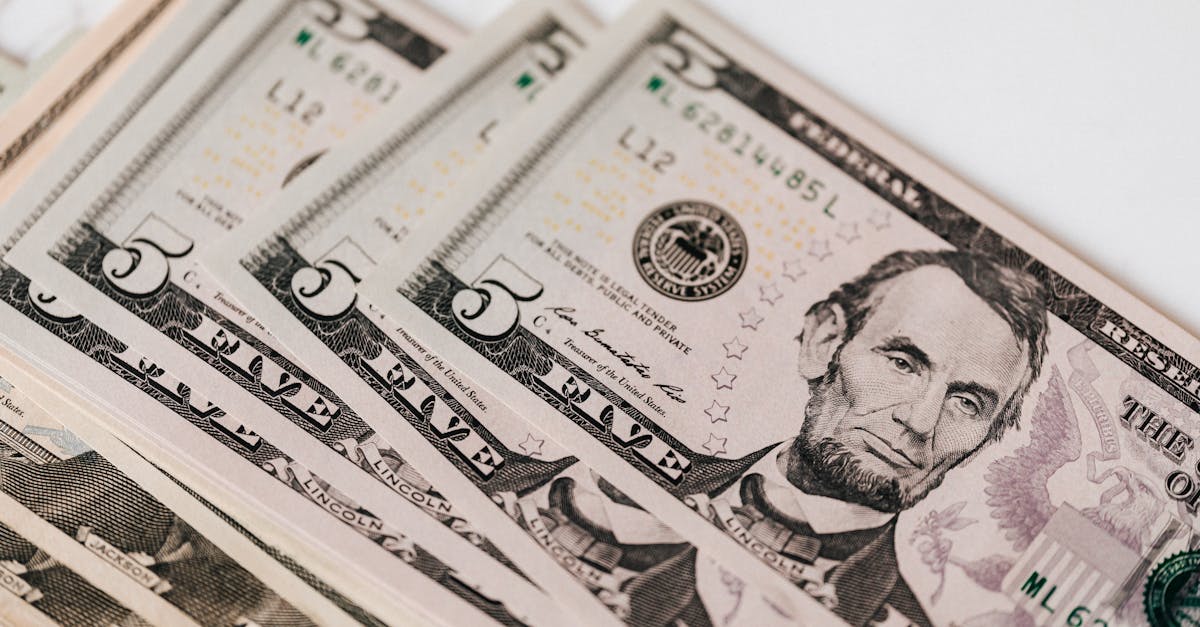
Advertisement
Open a Dedicated Savings Account
Opening a separate savings account for your emergency fund helps avoid spending it on non-emergencies. Opt for a high-yield savings account to earn interest on your savings. Having these funds in a dedicated account makes it easier to track, access in times of need, and ensures it remains untouched for emergencies.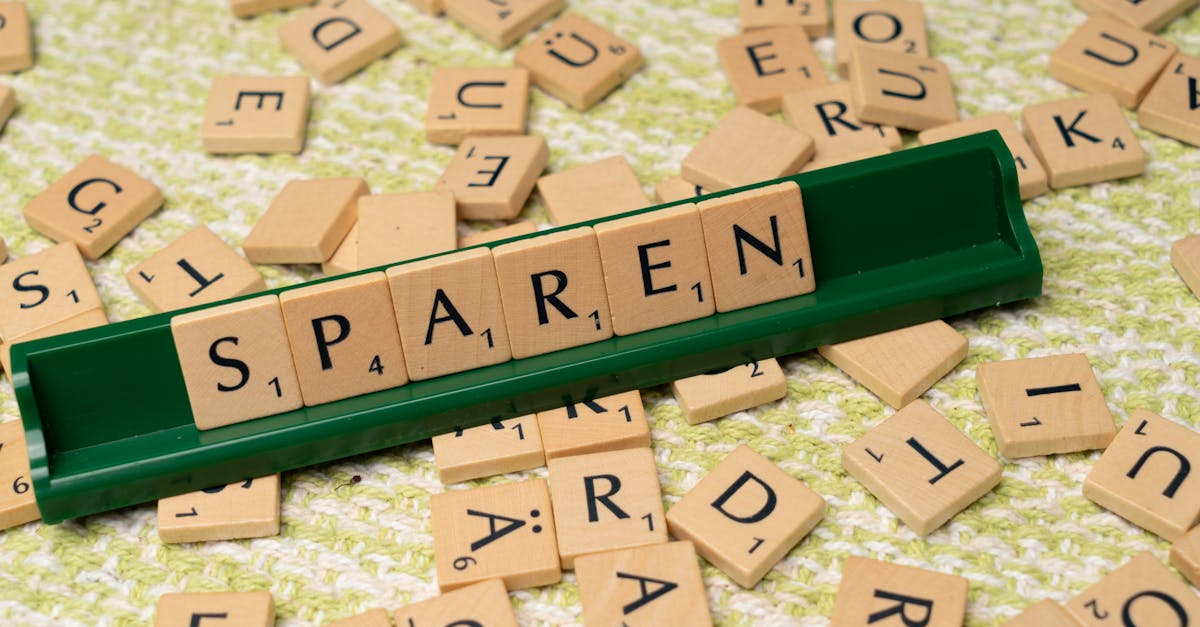
Advertisement
Start Small with Regular Contributions
Begin building your emergency fund by setting small, regular contributions. Start by directing a small percentage of your paycheck into the emergency fund. Many find automated transfers an effective way to save consistently without the temptation to skip a month or dip into the savings.
Advertisement
Cut Unnecessary Expenses
Evaluate your monthly budget to identify unnecessary expenses that can be reduced or cut. Consider cooking at home more often, canceling unused subscriptions, or finding less costly alternatives for entertainment. The money saved from cutting these costs can be redirected towards bolstering your emergency fund.
Advertisement
Boost Your Savings with Extra Income
Consider ways to increase your overall income as a means to fast-track your emergency fund growth. This could involve taking up a part-time job, freelancing, selling unwanted items, or participating in the gig economy. Allocate a significant portion of this extra income specifically to your emergency fund.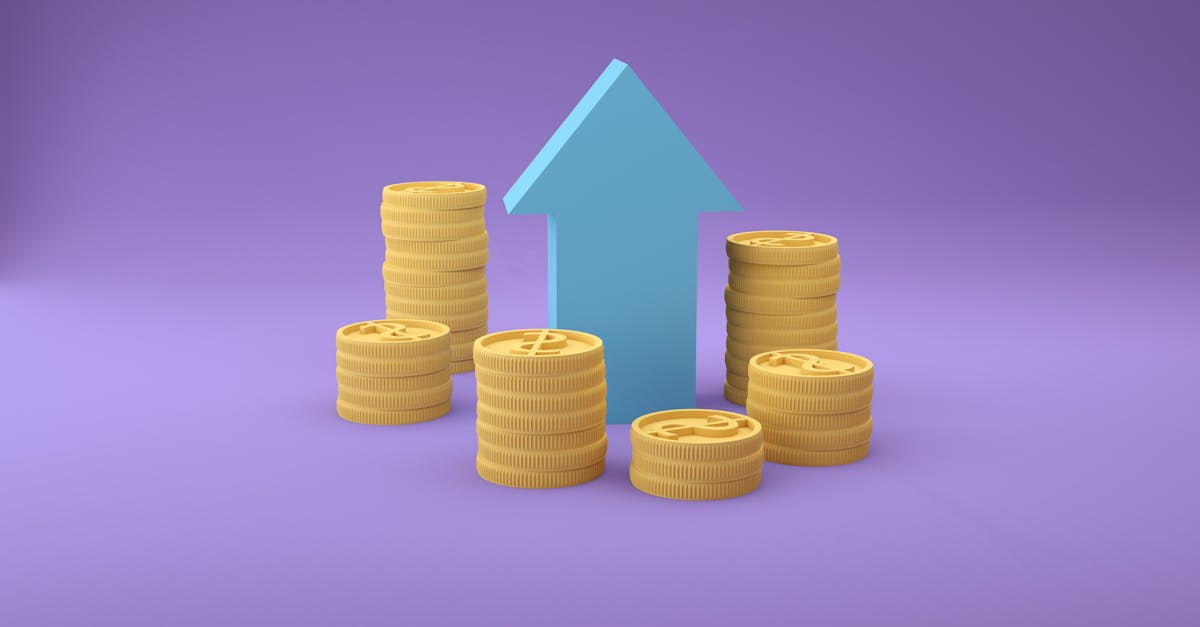
Advertisement
Monitor and Adjust Your Fund
Regularly review your emergency fund to ensure it's still aligned with your financial needs. Life changes such as a child, new job, or moving can affect your expenses, thereby affecting the required emergency fund amount. Adjust your saving strategy accordingly to maintain adequate coverage.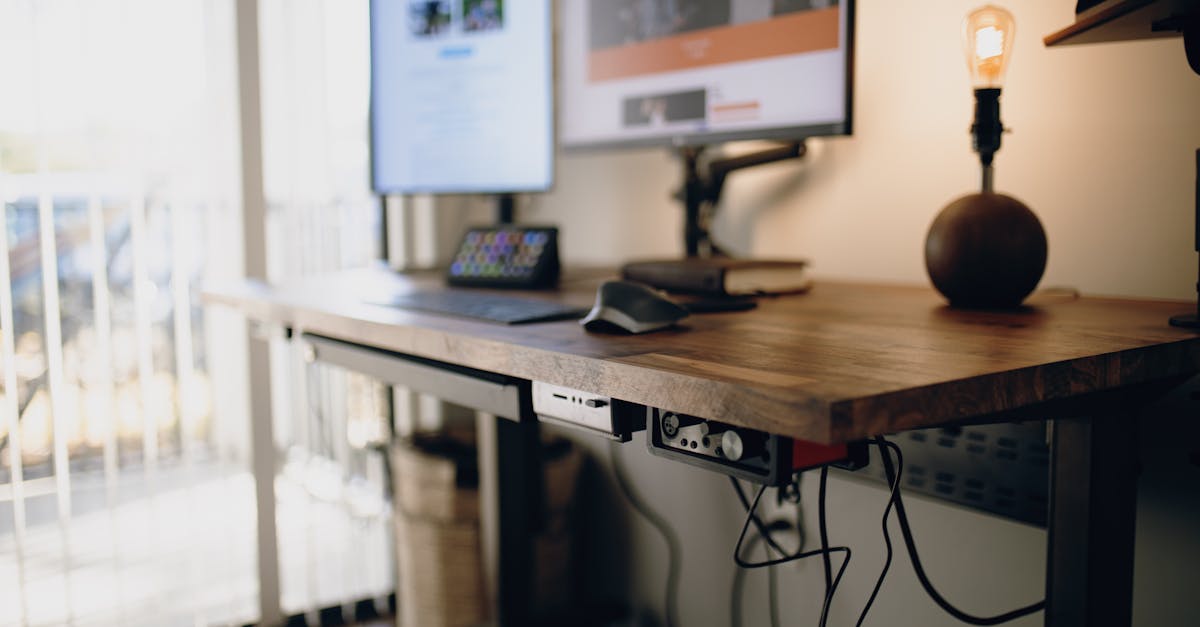
Advertisement
Stay Disciplined and Avoid Temptation
It can be tempting to use your emergency fund for luxury items or vacations. Discipline is crucial to maintaining its purpose purely for emergencies. Reserve these funds exclusively for genuine emergencies to secure your financial future and prevent undue stress during unforeseen circumstances.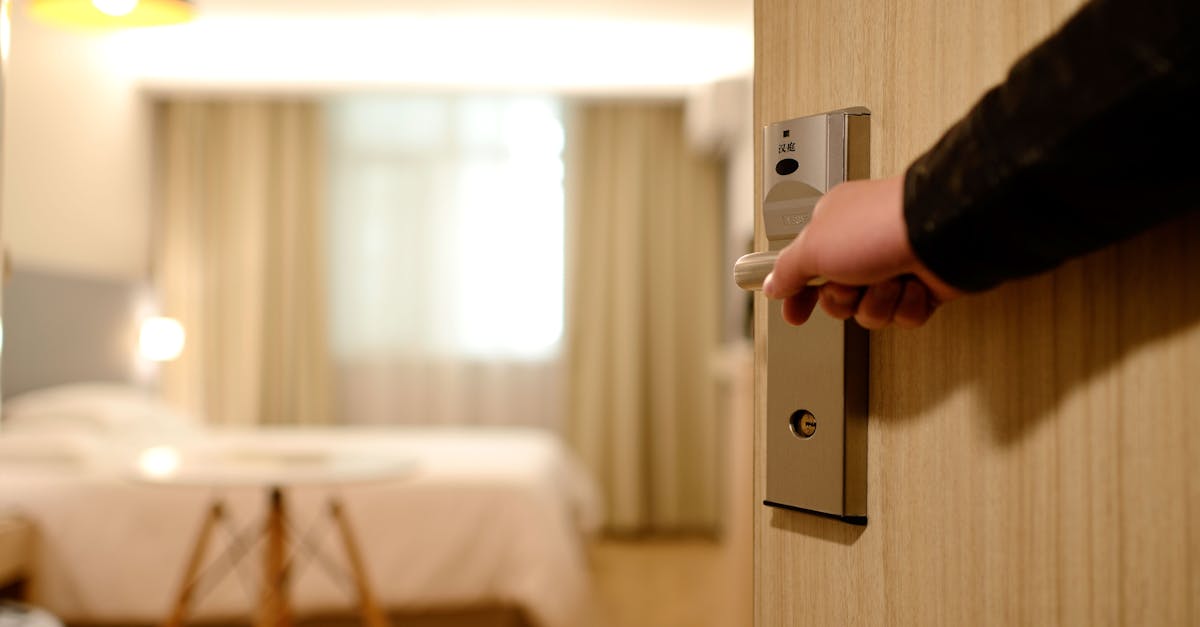
Advertisement
Conclusion
Building an emergency fund starts with small, steady steps and regular contributions. It offers relief and protection against life's unexpected financial hurdles. By following disciplined saving habits and staying committed, you can secure a stable future through a well-built emergency fund.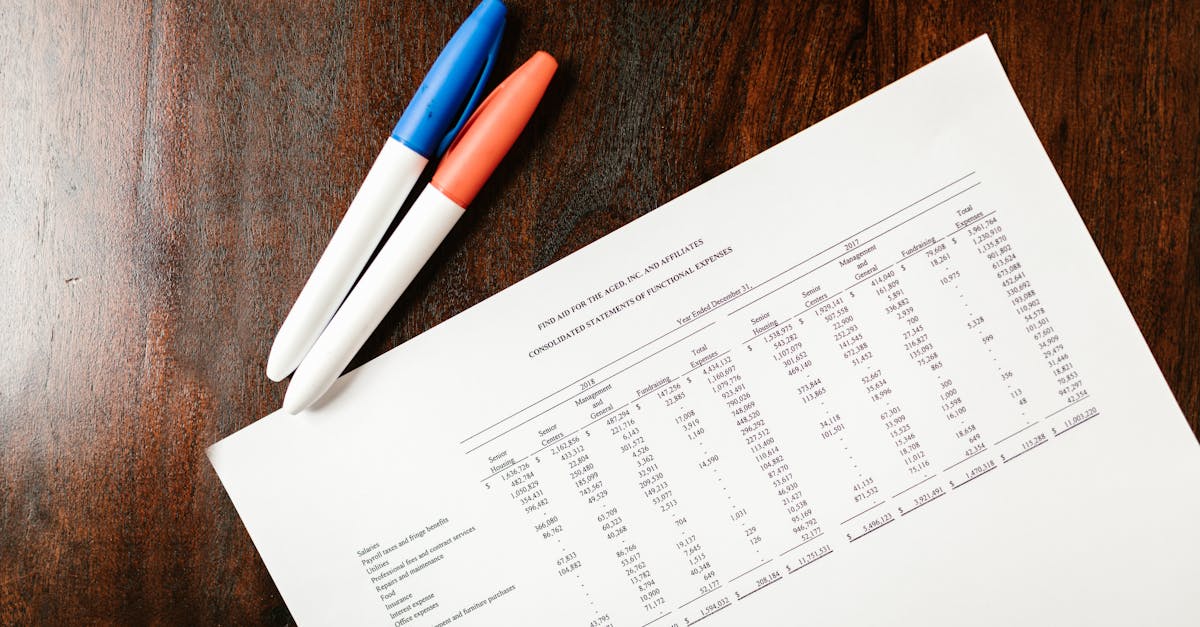
Advertisement
